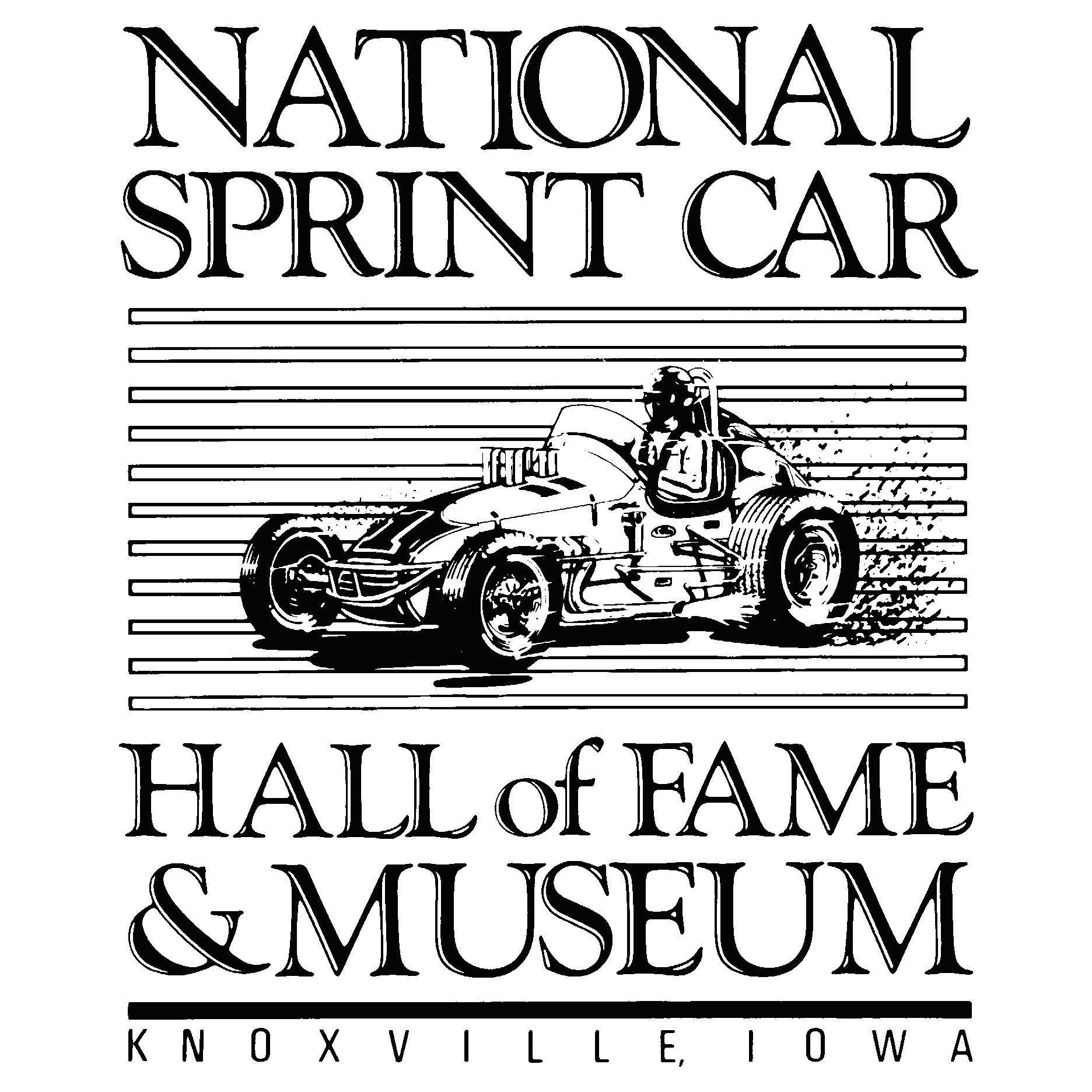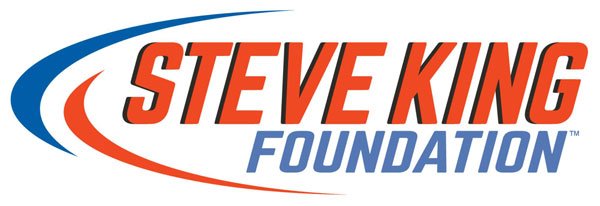Junior Johnson: NASCAR community mourns the passing of a true racing hero
Photo by Getty Images
There will never be another pioneer in stock car racing who can hold a candle to the late Junior Johnson.
The Wilkes County, N.C. native, who suffered from Alzheimer’s, passed away on Friday after entering hospice facility in Charlotte earlier in the week. He was 88.
Robert Glenn Johnson, Jr. lived up to the legend described by Tom Wolfe in “The Last American Hero,” from his early days of running moonshine from his father’s still to establishing a resume worthy of an induction into the inaugural NASCAR Hall of Fame in 2010.
Johnson raced in an era when drivers were not only larger than life but also fearless.
“Back when I was running, you had Junior Johnson and all the great guys,” said A.J. Foyt, the four-time Indianapolis 500 winner who moonlighted in NASCAR racing. “They were hard to deal with. I don’t think you see that in today’s time,
“When you got one of them mad, usually when you got out of the car, you had a nice little fistfight. You don’t see that no more.”
Johnson accumulated his 50 career wins in 303 starts. He remains tied with Ned Jarrett for 12th on the All-time driver win list. Jarrett had first-hand experience of how fierce Johnson could be, especially where dirt was involved.
“The two best drivers I've ever competed against on dirt are Junior Johnson and Dick Hutcherson,” said the two-time NASCAR champion.
Certainly, running moonshine—and outrunning the law—in the hills of North Carolina likely contributed to Johnson’s dirt racing prowess. His luck ran out in 1956 when federal agents caught Johnson working a family still. Johnson had won five times at NASCAR's highest level prior to his arrest and imprisonment.
After serving 11 months in jail for manufacturing untaxed whiskey, Johnson returned to racing—and bootlegging. Despite driving from 1953 to 1966, Johnson never ran the full schedule, much to NASCAR founder Bill France Sr.’s chagrin. Johnson recounted a discussion between the two during his Hall of Fame induction speech.
“I sat down and ordered my breakfast,” Johnson said. “He come over and sit down and said, ‘Junior, I want to talk to you. I want you to run all the races, and you're committed to run all the races.’ I sit there and thought a minute. I looked down at my plate. I had bacon and eggs on my plate. I said, ‘No, Bill, I ain't committed to racing. For instance, I'll tell you how it works. Look at my plate when I'm telling you.’ I said, ‘The hen that laid that egg was involved. The hog that that bacon come off from was committed.’
"Every time I'd see them from then on, he said, ‘Are you committed or are you involved?’ Sometimes he would catch me cheating. I said, ‘Now, I'm just involved, I ain't committed.’ He would burn me up, let me go. I'd take off and do something else.’"
Johnson was equally talented when it came to innovations to a race car as a driver and later as a crew chief and car owner. After he transitioned to ownership in 1966, his drivers amassed six championships and 132 victories.
In 1998, Johnson was named one of NASCAR’s 50 Greatest Drivers. Twelve years later, Johnson joined the inaugural NASCAR Hall of Fame Class with Richard Petty, Bill France Sr., Bill France Jr. and Dale Earnhardt. Johnson called being inducted in the first class of the NASCAR Hall of Fame “the most awesome thing to happen in his career during 34 years of racing.”
Fellow Hall of Famer Darrell Waltrip, who won three NASCAR championships and 43 of his 84 Cup wins in Johnson's No. 11 Chevrolet, believes it was the driver/owner’s body of work that elevated Johnson to a first-class inductee.
“When he got in the Hall over (David) Pearson, I thought, ‘Wait a minute. Is that right?’” Waltrip recounted. “But then, when I thought, ‘He’s a winning car owner, a winning driver—all the other contributions that he has done. He didn’t just win 50 races and quit. He’s made other significant contributions to the sport. Cale’s (Yarborough) championships, my championships, the things that he’s done. Then you stop and say, ‘Yeah, it makes sense that he should be in the Hall first.’”
In 1986, Johnson was pardoned by President Ronald Reagan for his 1956 conviction. A decade later, Johnson introduced his own legal moonshine using his family recipe. He partnered with Piedmont Distillers to distribute "Midnight Moon Moonshine."
Johnson is survived by his wife Lisa, daughter Meredith and son Robert Glenn Johnson III.
“Junior Johnson truly was the ‘Last American Hero.’ From his early days running moonshine through the end of his life, Junior wholly embodied the NASCAR spirit,” said NASCAR Chairman and CEO Jim France. “He was an inaugural NASCAR Hall of Famer, a nod to an extraordinary career as both a driver and team owner. Between his on-track accomplishments and his introduction of Winston to the sport, few have contributed to the success of NASCAR as Junior has.
“The entire NASCAR family is saddened by the loss of a true giant of our sport, and we offer our deepest condolences to Junior’s family and friends during this difficult time.”

.png)





